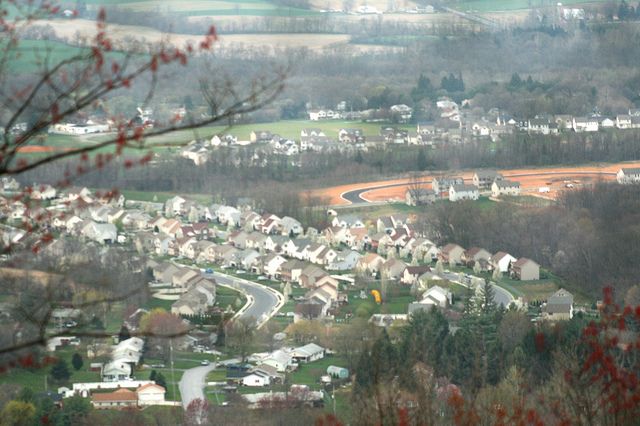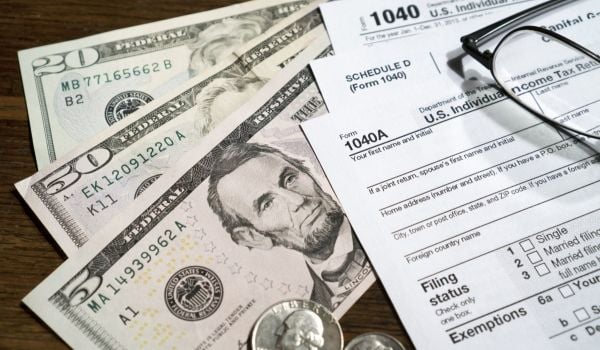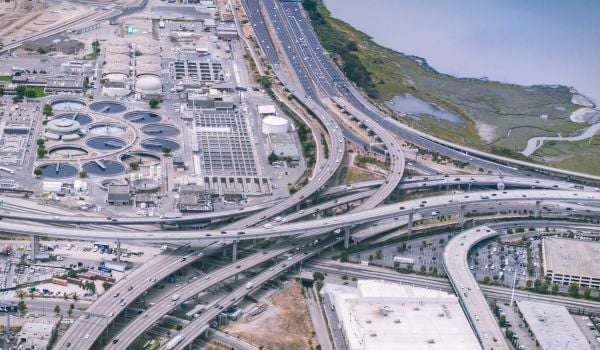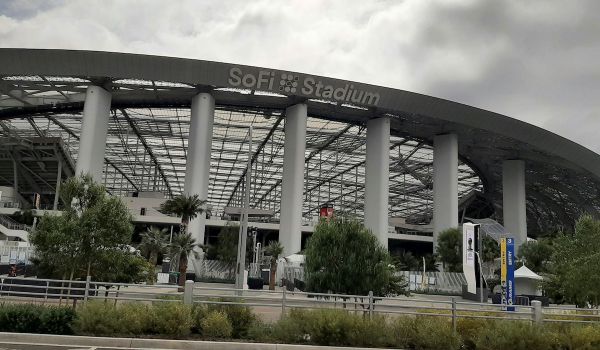With Pennsylvania Gov. Tom Corbett, a Republican, widely believed to be the most vulnerable sitting state executive up for reelection in 2014, the campaign for the Democratic nomination has become a hot-ticket race to watch. The contest has attracted a wide eight-person field, and though it’s early on in the official campaign season, the invisible primary to win over party-aligned activists, advocacy groups and donors has been raging for almost a year.
In this view, it is actually somewhat late in the contest, and there are presently four candidates — U.S. Rep. Allyson Schwartz, former state Department of Environmental Protection head Katie McGinty, Treasurer Rob McCord and York County businessman Tom Wolf — whom most state political observers believe have a realistic path to the nomination.
While the other former DEP head in the race, John Hanger, has attracted a dedicated following among online progressives for his positions on marijuana decriminalization and charter schools, this support has so far failed to translate into the kind of small-dollar donations and on-the-ground organizing that a successful dark horse candidacy would need. Long-shot bids from pastor Max Myers, Lebanon County Commissioner Jo Ellen Litz and Allentown Mayor Ed Pawlowski have similarly struggled to gain traction.
A clear sense of the different candidates’ viability can give some insight into the positions they may take at this juncture, as well as which policy changes could be in play should the Democratic winner successfully replace Corbett. It is also worth paying close attention to the campaign promises that leading candidates have made to interested parties, and the policy positions that influential intra-party groups are demanding from the candidates.
Voters can get a glimpse of the ongoing intra-party negotiations by tuning in to the busy schedule of forums lined up for this winter and spring, and watching candidates perform an intricate balancing act of stretching as far as possible toward the positions that issue activists want, while keeping safely inside the bounds of what is broadly popular.
This awkward dance was on display at Monday’s Gubernatorial Sustainability Forum at Drexel University’s Academy of Natural Sciences. Moderator Dave Davies of Newsworks queried the group of eight Democrats (Corbett was invited, but declined to attend) with questions mostly prepared by the event’s interested patrons: Conservation Pennsylvania, the Keystone Energy Efficiency Alliance, the League of Women Voters and PennEnvironment.
The ensuing two-hour Q&A session, which notably focused exclusively on supply-side energy production issues, featured few disagreements between the candidates, as the questions largely hewed to areas of agreement among Pennsylvania Democratic politicians.
Everyone except for Myers and Litz agreed to support a moratorium on natural gas drilling in public parks and forests, while opposing a moratorium on privately owned land. Myers supported a blanket moratorium on all gas drilling, and Litz opposed even a public lands moratorium.
While a blanket moratorium has the official support of the Democrats’ state committee, it has zero support from the leading candidates, all of whom are from the eastern part of the state and hope to court the western PA voters with more of a stake in the Marcellus Shale economy. None of the four leading candidates would commit to rejecting donations from the natural gas industry, but everyone agreed on the need for a severance tax on gas production, stricter pollution controls and a more robust renewable energy portfolio standard.
When Davies asked the candidates about eliminating some of the $2.9 billion in annual tax subsidies that Pennsylvania lavishes on fossil fuels, the qualifiers started flying. Candidates pledged to look at the list of subsidies and move as many as possible to renewable energy and open space preservation.
McGinty talked about her record at DEP in shepherding through the Growing Greener ballot initiative funding farmland preservation and other environmental programs, which 60 percent of voters approved in 2005. Other candidates agreed about the importance of Growing Greener, and made a (very brief) connection to urban areas.
“I would also point out that there’s great green space right here in Philadelphia that needs to be tended to, and additional space that we can and should invest in so we can have greener and more sustainable communities everywhere across Pennsylvania,” Schwartz said, reminding the audience that she voted for this program twice during her time in the state Senate.
Wolf hinted at another key point, about the connection between farmland preservation and urban infill growth. “We ought to do everything we can to support Growing Greener 2 and look at the reverse of preserving our open spaces: making sure we’re doing a good job revitalizing our urban and densely populated communities,” he said.
This was one of the lonely mentions cities got during the whole debate, and the candidates for office turned out to be marginally more interested in touting the sustainable credentials of urban areas than the event’s organizers.
While it’s understandable that the forum organizers focused on Marcellus Shale policy, given its status in Pennsylvania politics, the sustainability positions that the candidates have yet to discuss are legion. They include the entire set of demand-side energy usage issues, which were not a priority at Monday’s event.
Candidates have taken some conflicting positions on demand-side issues. A few, notably Schwartz, touted their support for “sustainable communities.” All, however, tripped over themselves to endorse the Pennsylvania Supreme Court’s recent decision overturning a law regulating natural gas drilling, on the grounds that the state inappropriately curtailed municipalities’ powers to protect themselves from unwanted land uses through zoning.
All of the candidates agreed that local zoning powers are sacrosanct and must be respected by the state. But while it’s true that hyper-local zoning is a pro-sustainability force in the case of natural gas drilling, this may be the only instance in which state deference to 2,562 different municipal zoning codes serves Pennsylvania’s environment well.
In other cases, the supremacy of municipal zoning over Metropolitan Planning Organizations’ non-binding regional plans tends to exacerbate suburban sprawl, as state municipalities compete with each other for tax base and Big Box interchange developments.
A state intervention giving MPOs the legal teeth to override local zoning statutes that snub comprehensive regional planning goals has been an emerging political issue in some exurban townships that were inundated with sprawl in the 1990s, and would certainly advance climate and sustainability goals.
Will the gubernatorial candidates be more reluctant to support such a policy change, now that they are on record denouncing state interference in local zoning powers? These are powers, after all, that the state granted municipalities in the first place.
State efforts to restrict sprawl have been limited to the relatively weak Growing Greener farmland preservation efforts, where county governments buy up and stockpile the development rights to farmland and other open areas. While it’s possible to imagine a more aggressive version of this program that strategically buys the development rights for land directly beyond the last ring of exurban housing developments, in practice the programs function more as an open call to whomever may want to sell land.
Even if hyper-local zoning is politically untouchable, it is important to know whether candidates support further state subsidies for exurban sprawl. Pennsylvania’s southern neighbor, Maryland, has a strong anti-sprawl policy known as PlanMaryland, where the state government withholds money from local projects that further expand the development footprint. County governments are free to spend their own money on these projects, but the state will no longer underwrite them.
That’s not the case in Pennsylvania, where a recently passed transportation funding bill has actually reanimated several zombie highway expansion projects which had essentially been left for dead by former Gov. Ed Rendell’s Fix It First approach to transportation infrastructure.
Politicians prefer to talk about win-win policies, like renewable energy investment and portfolio standards, over more contentious demand-side interventions like land use controls, pro-density infrastructure policies and green taxes. But it is clear that Pennsylvania — the country’s third-largest polluter — will never hit the pollution reduction targets it needs to without addressing the problems of excessive sprawl.
The candidates for governor will not to talk about these issues unless green groups make them, but so far they haven’t been asked.

Jonathan Geeting is a freelance writer based in Philadelphia, where he writes about land use and public space politics. His work appears at Next City, This Old City and Keystone Politics.














